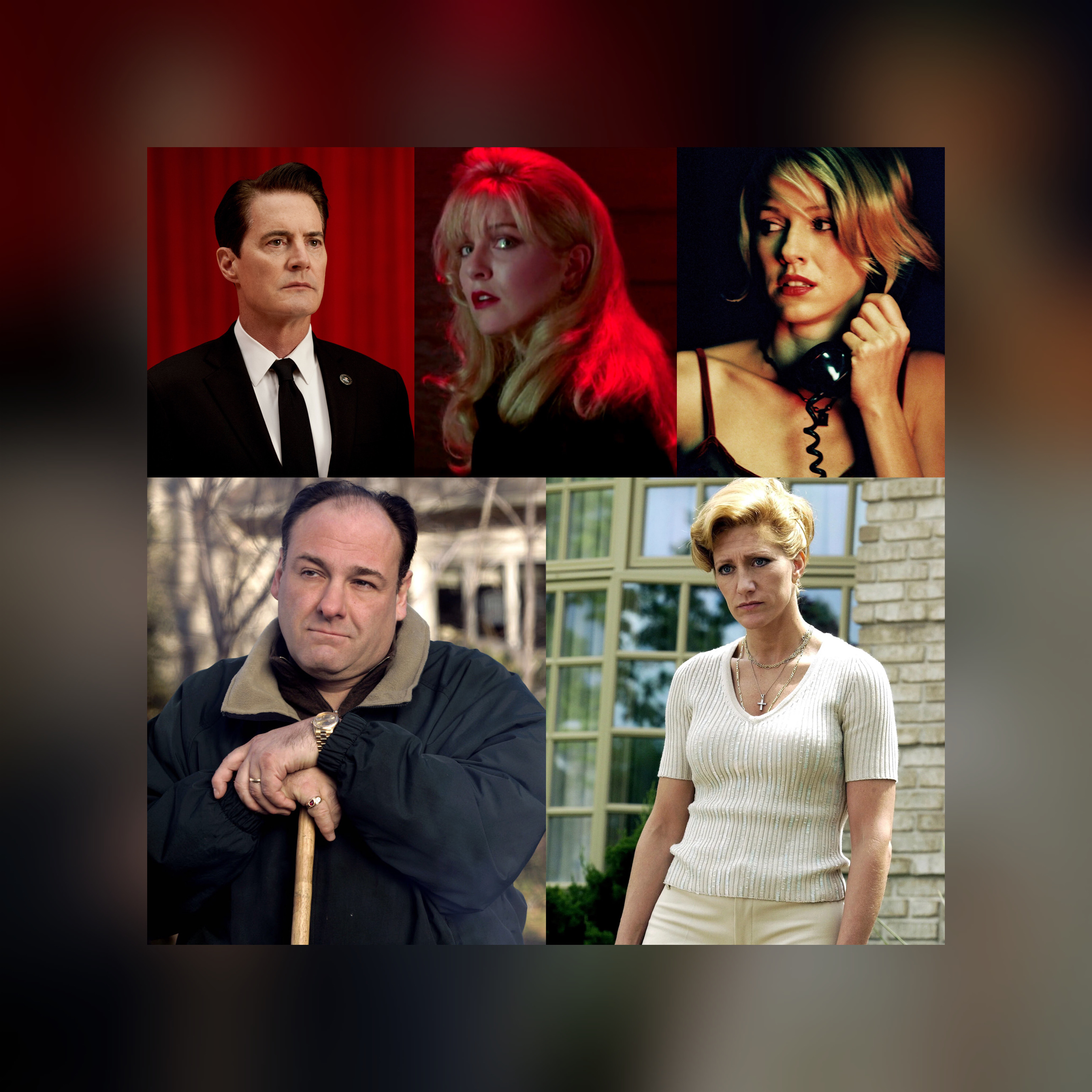The Conversation: Coppola’s Timely Masterpiece on Privacy and Surveillance
- Aran Donnelly
- Mar 8, 2022
- 2 min read
Updated: Feb 22, 2023

Reviews by:
@tvnerdaran
RATE THIS MOVIE
6
5
4
3
In order to understand what makes Francis Ford Coppola’s overlooked 1974 masterpiece, The Conversation so great, first we must understand the time it came out in and the socio-political events unfolding upon the time it was made.
The Conversation premiered at the 1974 Cannes Film Festival, where it was awarded the the Palme D’or; the festival’s top prize. The film was released at the height of the Watergate scandal which led to the undoing of Richard Nixon’s presidency. Following both Watergate and the brutal aftermath of the Vietnam War, there was a deep sense of paranoia and trauma in the American psyche. The effects of America’s brutal campaign of terror in Vietnam and the fallout of the Watergate bugging left many American citizens in deep distrust of their government. Many could no longer trust everything their government told them, and some, in the case of Watergate, felt a deep sense of paranoia; that at any moment, their privacy was being invaded and their every move was being watched. Through the cultural events unfolding at the time of the film’s release, we can now understand why it is such a highly-regarded yet underseen masterpiece.
The Conversation follows Harry Caul (played by Gene Hackman), a lonely and paranoid surveillance expert who is assigned with spying on a couple for a corporate boss. Through his recordings of their conversations, he discovers what he believes to be a murder plot and aims to protect the couple.
The film is brilliant on both an aesthetic and thematic level. Coppola uses both Hitchcockian suspense and Godardian editing to toy with the viewer’s mind and instil a deep sense of paranoia and dread into the viewer’s brain. The film plays out like a slow but anxiety-inducing thriller; every moment is slowly leading to a terrible climax we have yet to see.
Hackman’s brilliantly understated performance as Harry Caul may very well be his best, with Caul’s loneliness and paranoia perhaps evoking the deeply rooted trauma and paranoia felt by millions of US citizens in the aftermath of Vietnam and Watergate. Caul is an amalgamation of the millions of US citizens who deeply distrust their government and fear for their privacy and the possibility of being watched.
Lastly, but perhaps most importantly, the film and its message of paranoia and invasion of privacy has sadly proven all the more relevant in the decades since its release. With widespread NSA surveillance in the post 9/11 era, and the exposure of mass surveillance by Edward Snowden, the deeply entrenched feelings of dread and paranoia in this film are now relevant and timely now more than ever. The age of technology and the Internet also possibly contributes to the barriers of privacy being eliminated in today’s society.
Though it is often overlooked in favour of The Godfather films and Apocalypse Now, Coppola’s The Conversation is a chilling portrait of paranoia, loneliness and loss of individual privacy that has sadly only grown in relevance since its release.
By @tvnerdaran
RATE THIS REVIEW
6
5
4
3











Comments